| IN A NUTSHELL |
|
The conflict in Ukraine has captured global attention, not just for its immediate humanitarian impact but also for its broader geopolitical implications. One of the most alarming aspects of this conflict is the potential use of nuclear weapons, which has been a persistent concern given Russia’s formidable arsenal. However, despite the threatening rhetoric and changes in nuclear doctrine, Vladimir Putin is highly unlikely to deploy nuclear weapons in Ukraine. This article delves into the complex dynamics that restrain Russia from nuclear escalation, while also emphasizing the critical need for robust air defense systems in Ukraine to counter conventional military threats.
Vlad Won’t Nuke Ukraine, But Air Defenses Vital to Containment
In the ongoing conflict, air defense systems have become crucial in containing Russia’s military strategies. Recent attacks have shown a pattern of mixed drone and missile assaults, which have become Putin’s weapon of choice. For instance, a notable peak occurred when Russia launched a staggering 499 drones and missiles in retaliation against Ukraine’s strategic operations. The strategy involves expending a few dozen missiles combined with hundreds of drones, thereby overwhelming Ukraine’s defenses through sheer volume.
These conventional attacks highlight the importance of bolstering Ukraine’s air defense systems. Without fearing Russia’s nuclear bluff, the emphasis should be on strengthening Ukraine’s ability to neutralize these conventional threats effectively. The deployment of mixed packages of drones and missiles requires Ukraine to have a layered and innovative defense system to protect its infrastructure and civilian population from these relentless attacks.
Nuclear Escalation: A Doctrine of Deterrence
Vladimir Putin’s reluctance to use nuclear weapons is deeply rooted in both domestic and international constraints. In September 2024, Russia updated its nuclear doctrine, introducing new scenarios for nuclear weapon use. These updates seemed to broaden the circumstances under which Russia might resort to nuclear arms, including aggression against Russia involving nuclear states and threats to sovereignty using conventional weapons.
Despite these updates, the reality is that these changes are more about deterrence than actual use. Putin understands that using nuclear weapons would not only portray him as desperate to his own people but also risk alienating key partners like China. China has consistently opposed nuclear escalation, warning Russia against such moves. This diplomatic pressure, combined with the potential backlash from the international community, acts as a significant deterrent against nuclear weapon use in Ukraine.
Putin Against a Chinese Wall
China plays a critical role in restraining Russia’s nuclear ambitions. Over the years, China has made it clear that it will not condone the use of tactical nuclear weapons. This position was reiterated in November 2022, when Xi Jinping personally warned Putin against nuclear threats. In recent times, the Chinese embassy in Washington, DC, has echoed this sentiment, emphasizing the importance of avoiding escalation.
The relationship between Russia and China is characterized by an “unlimited friendship,” with China taking a leadership role in maintaining stability in the region. China’s firm stance against nuclear escalation ensures that Putin is unlikely to jeopardize this critical alliance. This dynamic underscores the importance of diplomatic channels in preventing nuclear conflict and maintaining regional stability.
Russia’s Big Missile Threat: Conventional Warfare at Its Core
With nuclear options off the table, Russia has focused on conventional warfare, investing heavily in the production of drones and missiles. According to the Institute for the Study of War, Russia possesses a vast stockpile of over 13,000 missiles, including air defense and ballistic missiles. This arsenal allows Russia to sustain prolonged conventional attacks on Ukraine, creating a persistent threat that demands a robust defense response.
The production and use of drones, particularly the Shahed 136/131 models of Iranian design, have become a cornerstone of Russia’s strategy. These drones, produced at various locations in Russia, are supported by components reportedly delivered from China. The continuous supply and deployment of these drones signify Russia’s commitment to sustaining a long-term confrontation with the West, as noted by SACEUR Gen. Christopher Cavoli. This underscores the necessity for Ukraine to enhance its air defense capabilities, ensuring the protection of its air force bases and critical infrastructure.
As the conflict in Ukraine continues to unfold, the emphasis remains on containing conventional threats rather than fearing nuclear escalation. The strategic decisions made today will have lasting implications for regional stability and international relations. How can the global community further support Ukraine in strengthening its defenses while fostering diplomatic solutions to prevent future conflicts?
Did you like it? 4.4/5 (28)
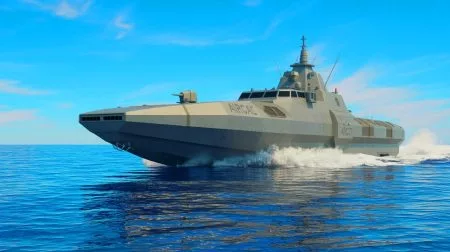
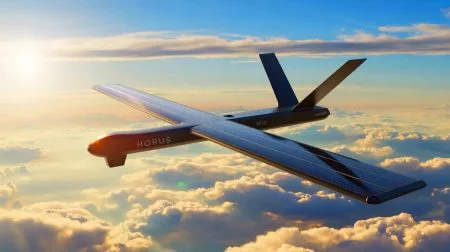
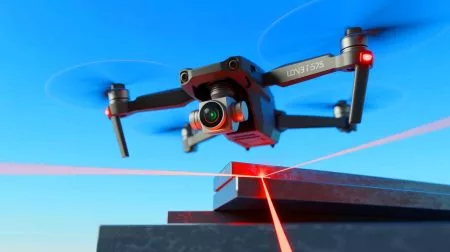

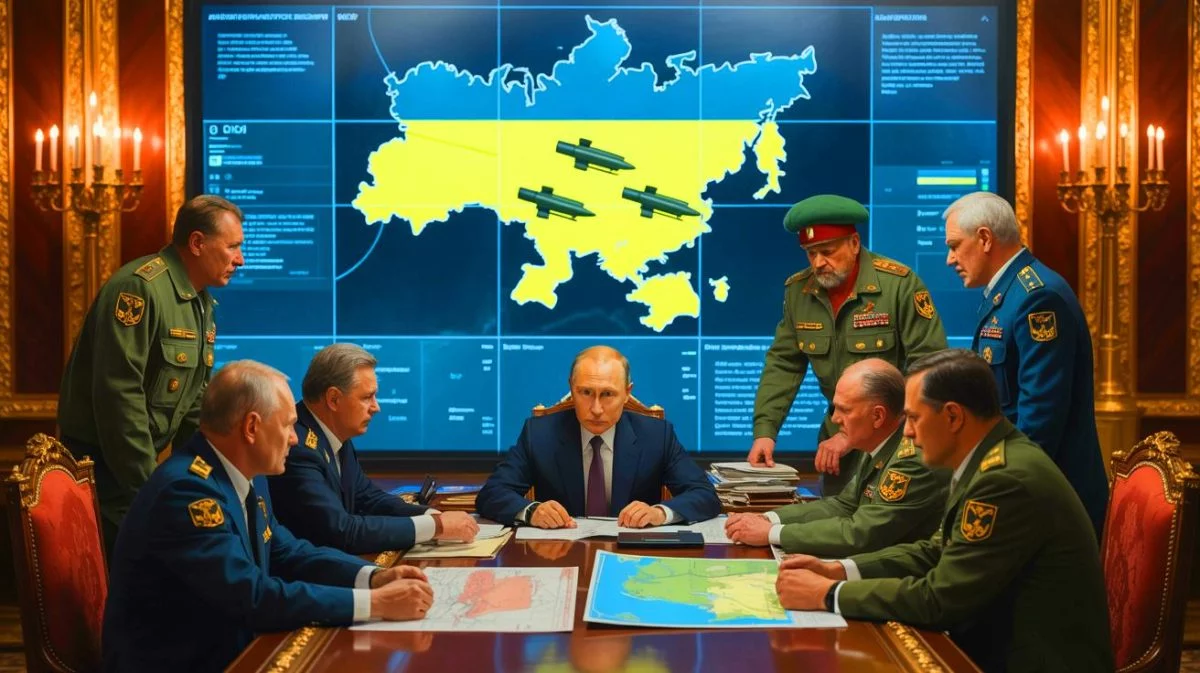
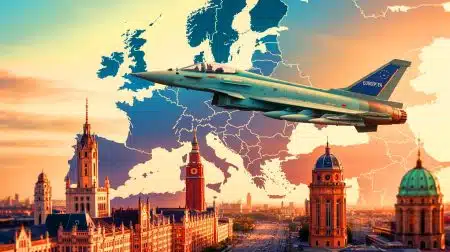
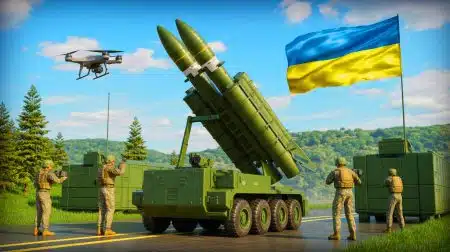
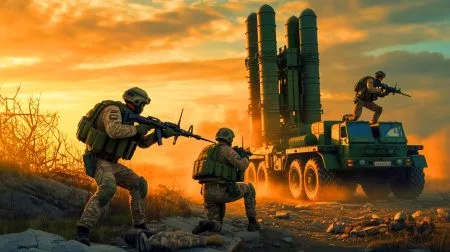
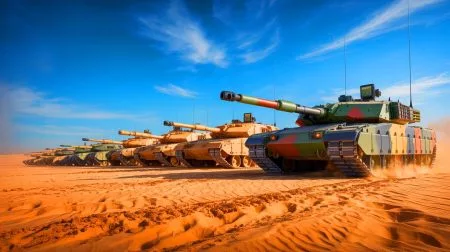
Isn’t it ironic that nuclear weapons, meant to deter, are themselves deterred by political and diplomatic pressures? 🤔
Great analysis, but I’m curious about the role of NATO in all this. How are they responding to these developments?
Interesting article! I never knew China had such an influence on Russia’s nuclear decisions.
Could the article have discussed more about the humanitarian impact of these military strategies?
So, Russia is not going nuclear because of China? That’s a twist I didn’t expect!
Thank you for shedding light on such a complex issue. It’s reassuring to know there’s a deterrence against nuclear escalation.
What about the economic implications for Russia if they push too far? 💸
Wish the article had more information on how Ukraine’s air defenses are being improved.
Does anyone else find it unsettling that global peace hinges on the decisions of a few powerful nations?
Great read! But I’m curious, how reliable are these “insiders” mentioned in the article? 🤔
If Putin is unlikely to use nuclear weapons, why do we keep hearing about the threat in the media?